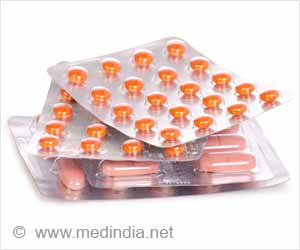About 20% of children suffer from atopic eczema, a disease which causes the skin to become very itchy and inflamed.
About 20% of children suffer from atopic eczema, a disease which causes the skin to become very itchy and inflamed. Scientists are searching for new ways to develop useful and powerful drug so it can more safely treat the most common form of eczema.
Azathioprine is a drug that was developed 40 years ago to prevent kidney transplant patients from rejecting their new organ. Its mechanism of action is by suppressing the immune system, but it results in increased side effects such as an increase their vulnerability to infection and suppress production of red and white blood cells.A University of Newcastle team cut this risk. They did this by matching doses to levels of an enzyme in the blood that can break down the drug, so patients did not receive too much.
The study was funded by the British Skin Foundation. Researchers tested about 63 patients who had previously had a number of different treatments, including ultraviolet radiation therapy. Each was given a test to determine levels of an enzyme called TPMT in their blood.
The dose of Azathioprine they subsequently received was individually tailored to take account of this reading. Researcher Dr Simon Meggitt, a consultant dermatologist, said that by tailoring the drug researchers were able to minimize the risk of side effects without compromising its effectiveness.
What matters is the dose and if it is set right, the safety of the drug increases significantly. Margaret Cox, chief executive of the National Eczema Society, said that patients with Eczema go through hell everyday. The psychological impact can seriously affect confidence, self-esteem and quality of life.





